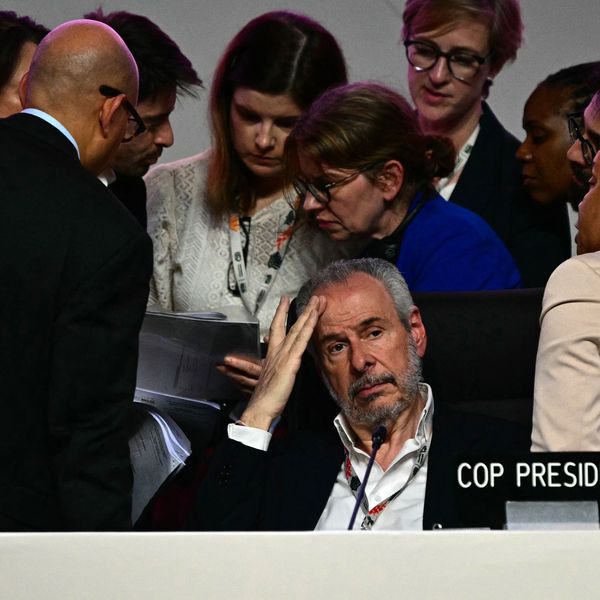The greater cost of Covid-19
At the time of writing, the latest figures from the World Health Organization (WHO) sat at almost 5.1 million deaths worldwide, and 251 million confirmed cases. It also reported that almost 7.2 billion vaccine doses had been delivered. However, with a global population of 8 billion, full three-dose vaccination would require nearly 25 billion doses. This is unlikely to be reached until well into 2023--resulting in large pools of virus interacting with only partially vaccinated populations, which is a recipe for more variants.
Although the WHO is reasonably confident of its vaccination figures, it does not claim accuracy for the deaths and confirmed cases. Senior staff have agreed that the real figures are likely to be much higher. Moreover, it is currently warning of a major COVID surge across Europe, and has been consistently repeating its calls for global vaccination rates to be increased.
The death rate issue stems partly from incomplete data from countries with limited health and diagnostic services. There are alternative methodologies, and one such estimate from the University of Washington's Institute for Health Metrics and Evaluation puts total COVID-19 deaths worldwide at 12 million, which is more than double the official figures.
Another comes from The Economist, which has been running a long-term study and publishing daily figures. Its work indicates a 95% chance that the figure for global deaths is between 10.6 and 19.9 million, with the most likely figure within that range being 17.1 million deaths.
We are therefore looking at well over double, and quite possibly treble, the number of deaths stated in official counts. This compares with the death counts of the two greatest pandemics of the past 120 years, HIV/AIDS at over 36 million, and the 1918-19 H1N1 influenza virus (known as Spanish flu) at 50 million. However, HIV/AIDS figures are spread over four decades, and while the flu pandemic was utterly appalling given the much smaller global population, it was at a time when medical services were far less effective than today.
So COVID-19's impact is far higher than what is commonly assumed, and there is still a long way to go. Global vaccination rates are hopelessly inadequate, yet very few governments have any clear vision for what is really needed. And then there is Vallance's view that the impact of climate change will be much greater than COVID-19. Indeed, climate breakdown is likely to be far more catastrophic over the longer term--but since the global response to the pandemic hasn't been anywhere near as effective as what is required, where does that leave hopes for climate change? Whatever the outcome from COP26, what has been discussed so far may have been appropriate two decades ago, but now is appallingly late.



